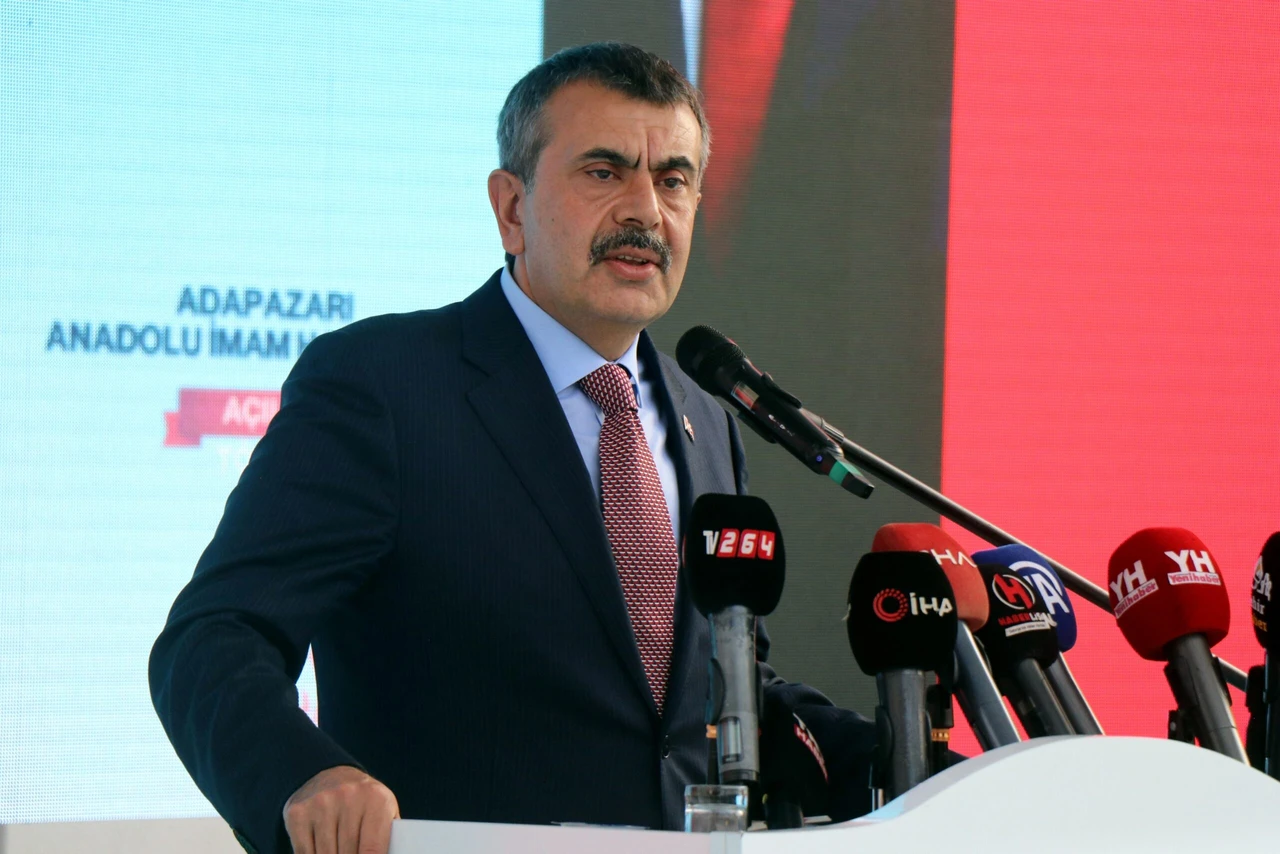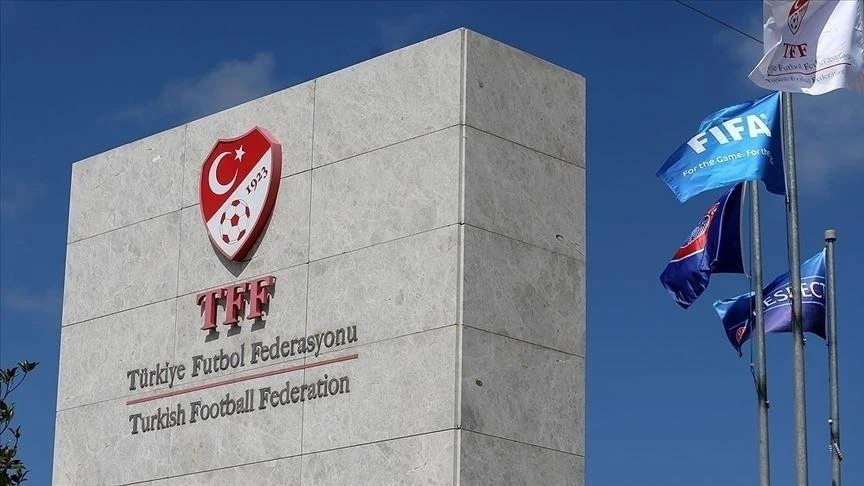Is Türkiye’s high school system changing?
 Minister of National Education Yusuf Tekin, Türkiye, September 24, 2024 (IHA Photo)
Minister of National Education Yusuf Tekin, Türkiye, September 24, 2024 (IHA Photo)
The recent remarks by Türkiye’s Minister of National Education Yusuf Tekin suggesting that the 12-year mandatory education period may be too long, have sparked fresh debates about the future of the country’s education system. During a recent workshop organized by educational associations, a proposal to end compulsory high school education was put forward, raising concerns among educators and politicians.
Proposed changes to education system
Three conservative education organizations this week held a workshop titled “Reflections of the Turkish Education System and Mandatory Education.” The resulting report recommended shortening high school education to three years and adopting a 4+4+3 system instead of the current 4+4+4 model.
The report argued that mandatory education had turned into a “tool of imposition” rather than a right, with claims that university education contributes to rising unemployment.
Currently, Turkish students undergo four years of primary education, followed by four years of middle school, and an additional four years of high school, making a total of 12 years of mandatory education. The recommended “4+4+3” structure would shorten this duration to 11 years.
Concerns over social impact
Critics argue that removing the high school education requirement could negatively impact vulnerable groups, particularly young girls. They warn that such a change could lead to an increase in early marriages and diminish gender equality in education. Concerns have also been raised that the shift might promote child labor and reduce access to quality education for all.
Proponents of the proposed reforms claim that the current education system forces students into a standardized mold, which hampers talent development and career preparation. They suggest that vocational education should be elevated in status, positioning vocational high schools as stepping stones to careers in engineering and technical fields.
What the report suggests
The report also criticized Türkiye’s long-standing Tevhid-i Tedrisat (Law on the Unification of Education), enacted on March 3, 1924. It argued that the law limited educational diversity, restricted learning freedom, and imposed a uniform model on students, regardless of regional or individual needs.
Opponents of the proposal emphasize that mandatory education is a constitutional right and a critical public responsibility. They argue that instead of shortening the education period, Türkiye should focus on improving the quality of education by adopting global best practices, such as promoting critical thinking and creativity.
Broader implications for Türkiye’s education strategy
The debate highlights a broader ideological struggle over Türkiye’s education model, with implications for social policies, labor markets, and the country’s alignment with international educational standards. While supporters of the change advocate for flexibility and early specialization, critics stress the need for a robust, inclusive, and secular public education system.
As discussions continue, the Ministry of National Education has not yet announced any official policy changes. However, the debate surrounding the mandatory education system is likely to intensify, with stakeholders from various sectors weighing in on the potential impact of such reforms on Türkiye’s future generations.



